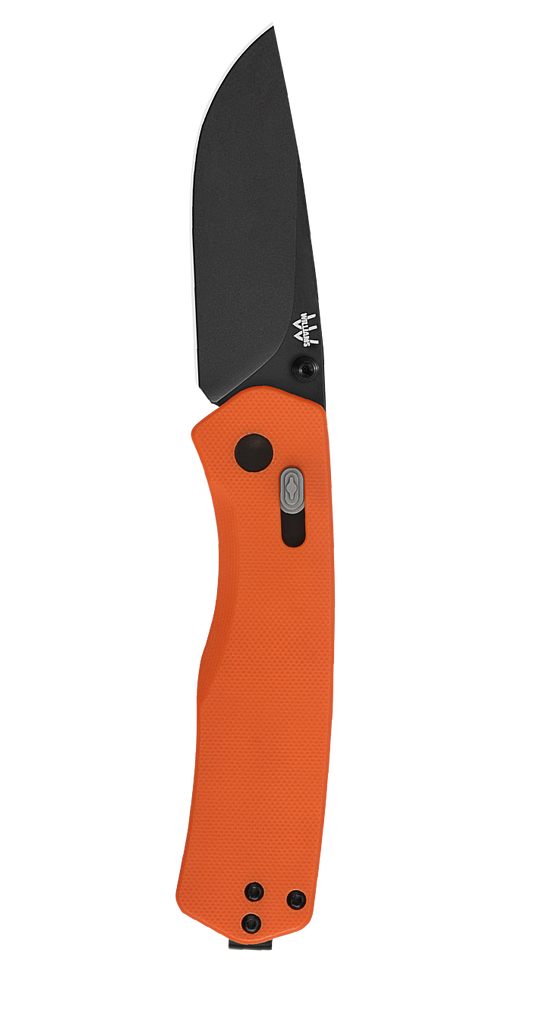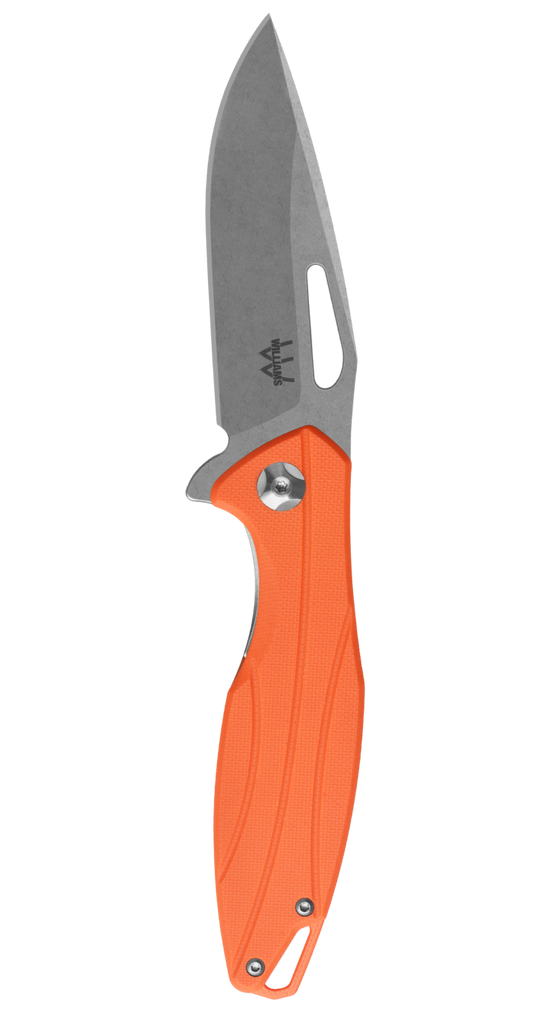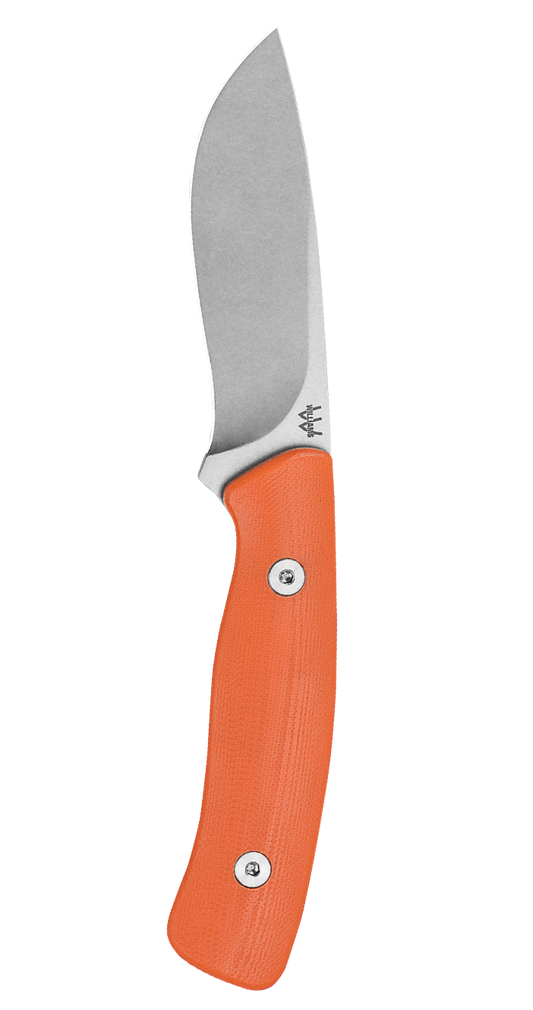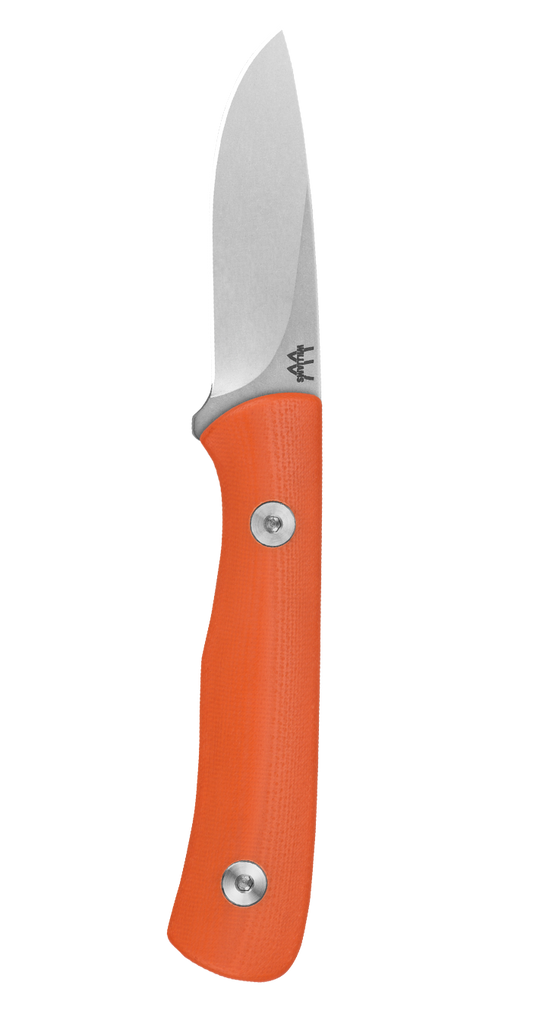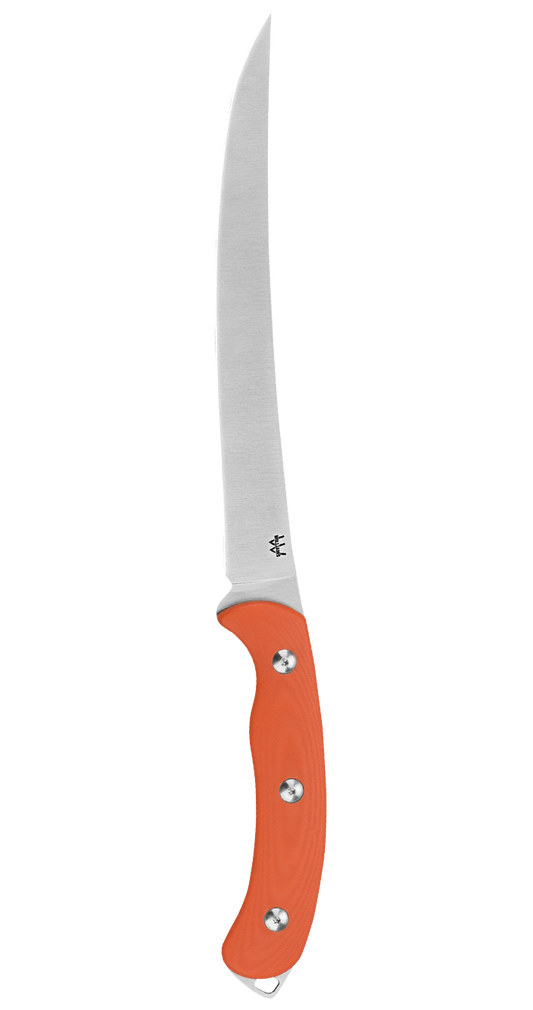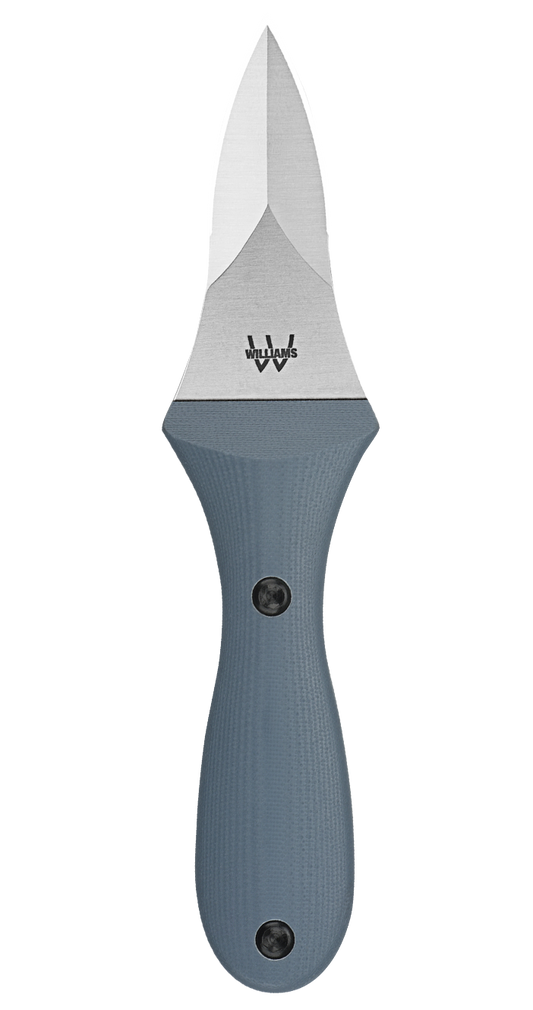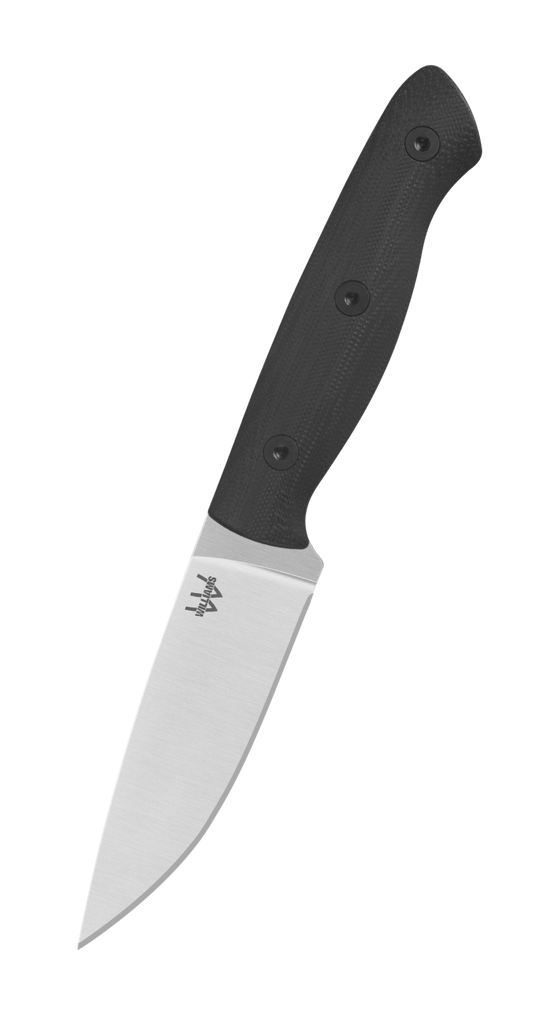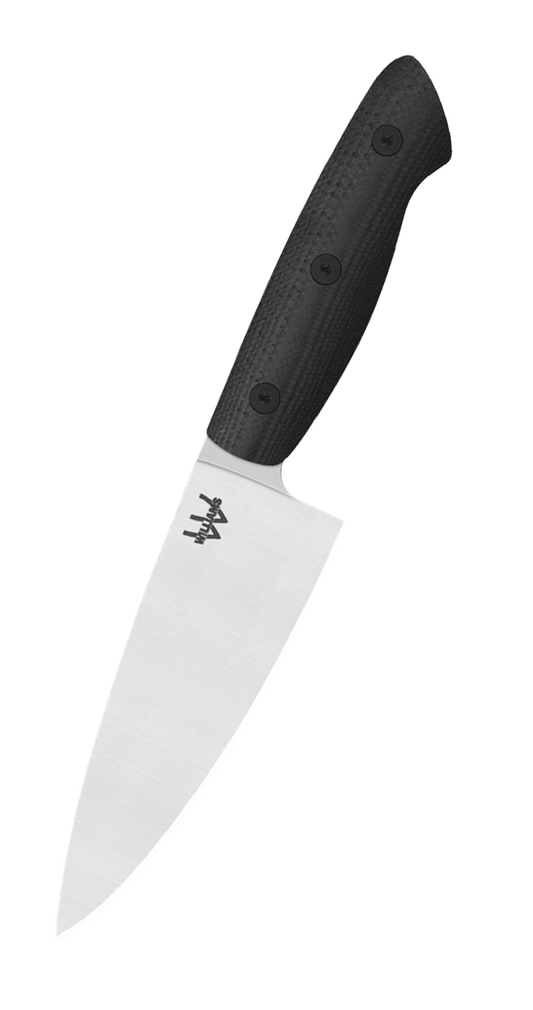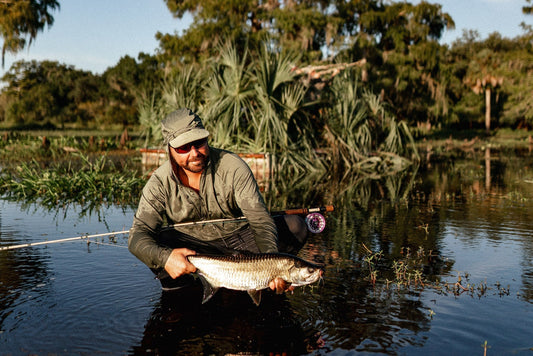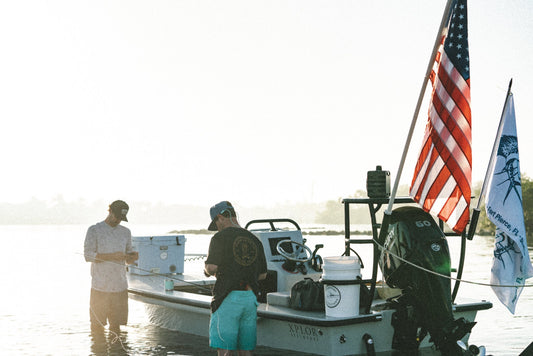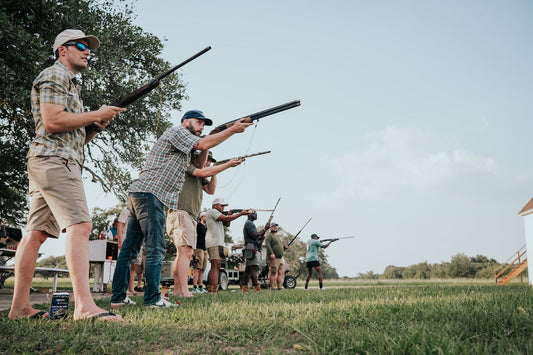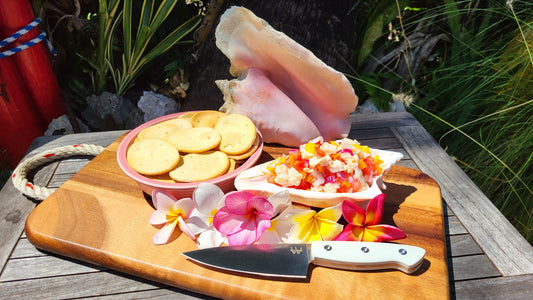There are few addictions in sportfishing greater than tarpon. And right now, the addicts are salivating as the waters warm along Florida’s coast and the months ahead promise the best tarpon fishing of the year. Whether you’ve been out on the water already or you’re planning a trip later in the year, here are a few important things you can do to prepare for tarpon season:
Talk to Local Guides, Charters, and Shops
Even if you live close to the water, or only get out occasionally, the people who are out fishing every day will have far more information about where the tarpon are and how active you can expect them to be in the coming days. One of the best ways to stay up to date is to build relationships with people who live and breathe tarpon. Book a guided trip early in the season, buy some new gear from a shop near where you like to fish, or both — fishing information has a real dollar value to those whose livelihoods depend on it, and a small investment on your end can produce a resource that can last years.

Test Your Gear
Mono can deteriorate, rods can get nicked and weaken, and fishing knives can become dull and need proper sharpening. Make sure your gear is ready to fight a monster tarpon because when you hook into a trophy, you don’t want to be questioning your performance.
Practice Casting
Fly anglers should always practice their casting, but when it comes to placing a fly in front of a cruising tarpon in windy conditions, you really can’t practice enough. Place some targets around your yard and practice those critical 40- to 60-foot casts in different situations.

Prepare To Set the Hook
Tarpon’s tough mouths mean you have to adjust your hookset on fly gear and have the right drag set on conventional gear. Practice your fly gear strip sets to develop muscle memory and fine-tune your drag so you don’t miss the take on a monster tarpon.
When Is Tarpon Season?
Florida does not have a dedicated tarpon season, and you can target the species year-round. But, there are times when the tarpon fishing is significantly better. Most anglers consider tarpon fishing season to begin in April or early May, as tarpon migrate along Florida’s coast, and to continue through September or October, with peak season usually in June and July.
Where Is the Best Tarpon Fishing?
Islamorada and Key West are considered the best locations for tarpon fishing in Florida. But much of Florida’s coast, including Apalachicola Bay, Crystal River, and the Everglades, is in play during the prime months of tarpon fishing from April through July. Talking to shops or guides can help you determine where to find the best tarpon fishing during the period you plan to fish. But you really can’t go wrong with the Keys.

What Are Florida’s Tarpon Regulations?
Florida’s tarpon fishing regulations exist to protect tarpon populations and ensure future generations can chase the silvery monsters we love so much. Unlike the regulations for some species, tarpon regulations are pretty straightforward, so you shouldn’t have any trouble staying on the right side of the law and helping to protect this exciting species. Florida’s 2023 tarpon regulations:
- A tag is required to harvest any tarpon over 40 inches, and all tarpon over 40 inches must remain in the water at all times, so you’ll have to hop out of your boat for that trophy grip ’n’ grin. Make sure to support them horizontally to avoid injuring the fish.
- Tarpon tags are used to harvest only potential state record tarpon or International Game Fish Association (IGFA) record-sized tarpon. If you want a taxidermy mount of your tarpon, a photograph along with length and girth measurements can be used to recreate it.
- You should tow a tarpon only when it is necessary to revive it.
- Do not target tarpon from piers or bridges, as hoisting and releasing them from elevated areas leads to greater mortality.
Tarpon Tackle Regulations in Florida
- For bait fishing, use single, barbless, non-offset circle hooks.
- Do not use treble hooks.
- All tackle should be strong enough to quickly land and release a tarpon.


